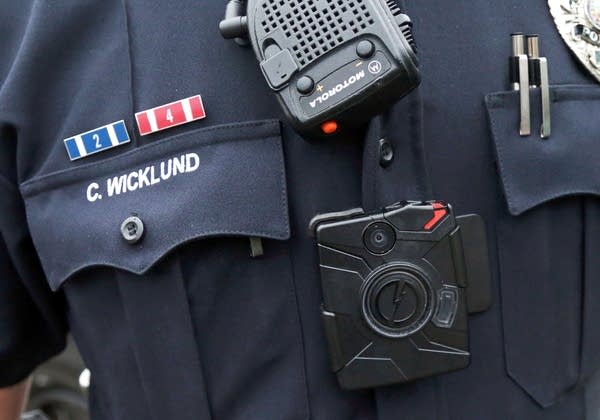Maplewood police officers challenge body camera policy in lawsuit

In this file photo, a Burnsville police sergeant wears a body camera.
Jim Mone | AP 2014 file
Go Deeper.
Create an account or log in to save stories.
Like this?
Thanks for liking this story! We have added it to a list of your favorite stories.


